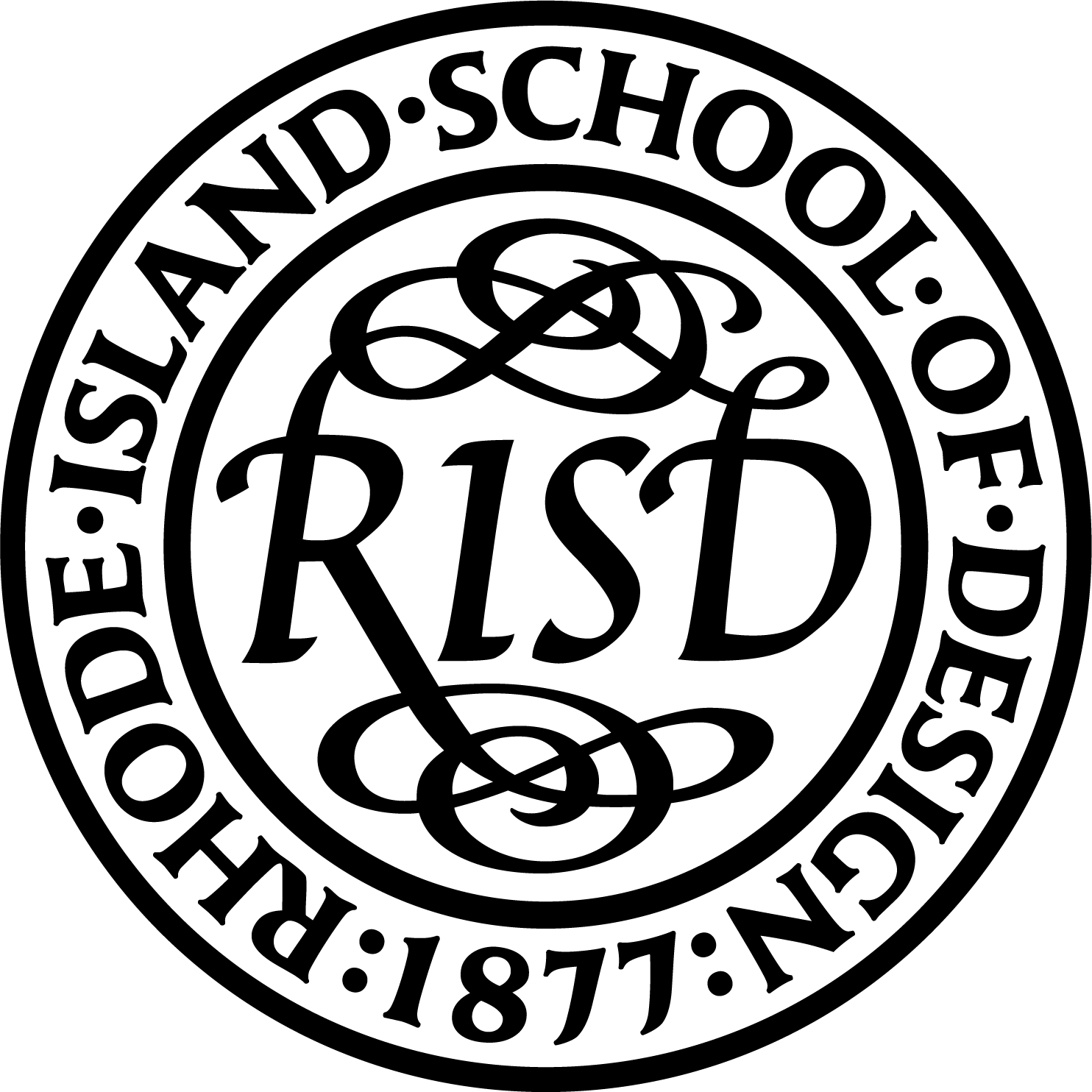Nature Lab

︎ Creator: Oscar Tangen
︎ Supervisor: Peter Yeadon
We live in a world filled with a lot of designed things. We don’t think about them much, and we don’t pay much attention to where they end up. But if we, as consumers, aren’t going to think about these lifecycles, then we certainly should consider them as designers. This is how Oscar Tangen sees it.
“Designers are currently set up for failure,” Tangen says. “We’re abstracted from the world. We design in clinical spaces, on clinical desks, in clinical computer realms – forgetting that what we make doesn’t exist, nor end up, in a clinical world. We are disconnected from the outcome of our work.”
“Even when designers consider the natural world, we mimic, rather than integrate within. At the RISD Nature Lab, we observe and replicate, but rarely do we strive to consider what we make to be part of the natural world.”
Therefore, Tangen set out to expore a vital question: How can we reframe the scope of design in order to still help people, but ultimately design for the planet?
In response to this question, he proposed a new kind of nature lab ... Nature Lab 2.0 (if you will). Rather than entering a museum-like archive that’s filled with collected, categorized displays of species, grouped by type, we enter a simulated ecosystem which becomes the heart of some new forms of design practice.
Here, in Nature Lab 2.0, samples and substances don’t exist as neatly arranged artifacts on tables and shelves, or in cases, but rather in context with nature because that’s how they exist in reality. “I shouldn’t be told about a material’s compostability,’ says Tangen. “I should see it.”
The project aims to empower and incentivize designers with first-hand emotive evidence, by reminding them that what we make isn’t just for us. Everything that we create – from design, to finished product, to its use and its fate – is in conversation with nature, at every step along the way.
Much like companies rigorously test and analyze their products people, Tangen’s work of biodesign allows for the same, but replaces the word “people” with the word “planet.”
︎ Supervisor: Peter Yeadon
We live in a world filled with a lot of designed things. We don’t think about them much, and we don’t pay much attention to where they end up. But if we, as consumers, aren’t going to think about these lifecycles, then we certainly should consider them as designers. This is how Oscar Tangen sees it.
“Designers are currently set up for failure,” Tangen says. “We’re abstracted from the world. We design in clinical spaces, on clinical desks, in clinical computer realms – forgetting that what we make doesn’t exist, nor end up, in a clinical world. We are disconnected from the outcome of our work.”
“Even when designers consider the natural world, we mimic, rather than integrate within. At the RISD Nature Lab, we observe and replicate, but rarely do we strive to consider what we make to be part of the natural world.”
Therefore, Tangen set out to expore a vital question: How can we reframe the scope of design in order to still help people, but ultimately design for the planet?
In response to this question, he proposed a new kind of nature lab ... Nature Lab 2.0 (if you will). Rather than entering a museum-like archive that’s filled with collected, categorized displays of species, grouped by type, we enter a simulated ecosystem which becomes the heart of some new forms of design practice.
Here, in Nature Lab 2.0, samples and substances don’t exist as neatly arranged artifacts on tables and shelves, or in cases, but rather in context with nature because that’s how they exist in reality. “I shouldn’t be told about a material’s compostability,’ says Tangen. “I should see it.”
The project aims to empower and incentivize designers with first-hand emotive evidence, by reminding them that what we make isn’t just for us. Everything that we create – from design, to finished product, to its use and its fate – is in conversation with nature, at every step along the way.
Much like companies rigorously test and analyze their products people, Tangen’s work of biodesign allows for the same, but replaces the word “people” with the word “planet.”
